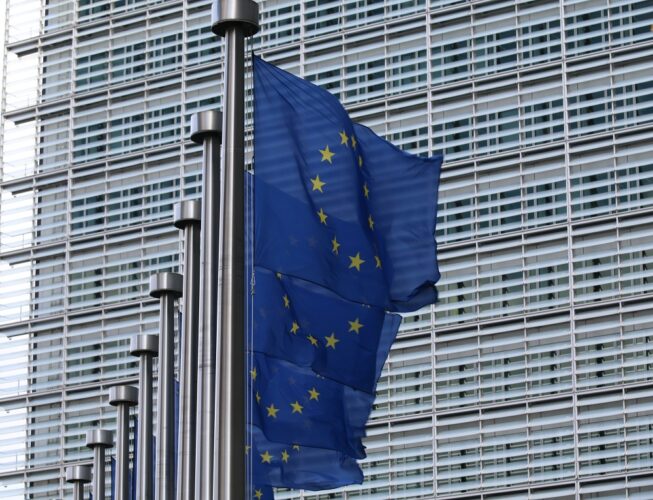The European Commission and the High Representative have jointly issued a communication outlining an enhanced strategy for EU Maritime Security.
The objective of this strategy is to ensure the peaceful use of the seas and protect the maritime domain against emerging threats. Furthermore, an updated Action Plan has been adopted to facilitate the implementation of this strategy.
The importance of maritime security to the European Union and its Member States cannot be overstated. The combined exclusive economic zone of the EU’s Member States is the largest in the world, making the safe and secure use of the ocean vital to the EU’s economy. With over 80% of global trade occurring at sea and two-thirds of the world’s oil and gas being extracted or transported via sea routes, maritime security is crucial for global commerce. Additionally, undersea cables carry up to 99% of global data flows, further emphasizing the need for a secure maritime domain to enable the sustainable blue economy. The EU plans to enhance its existing tools, both civilian and military, to promote maritime security.
The EU Maritime Security Strategy, adopted in 2014, must be adapted to address new and evolving security threats and challenges. While piracy, armed robbery, smuggling, trafficking, and terrorism remain critical issues, emerging threats such as geopolitical competition, climate change, degradation of marine environments, and hybrid and cyber-attacks also require attention.
This presents an opportunity to develop sustainable solutions to these complex maritime security issues while enhancing the EU’s credibility and role in the international community. Recent geopolitical events, such as Russia’s military actions in Ukraine, highlight the need for the EU to strengthen its security and capacity to act beyond its own waters and territory, particularly in its neighboring regions.
The updated EU Maritime Security Strategy serves as a framework for the EU to safeguard its interests at sea, protect its citizens, uphold its values, and support its economy.
Through this updated Strategy, the EU aims to promote global peace and security, and to ensure the protection of the oceans and biodiversity, while also upholding international rules and principles. The implementation of the Strategy will be the responsibility of the EU and its Member States, in accordance with their respective competencies.



